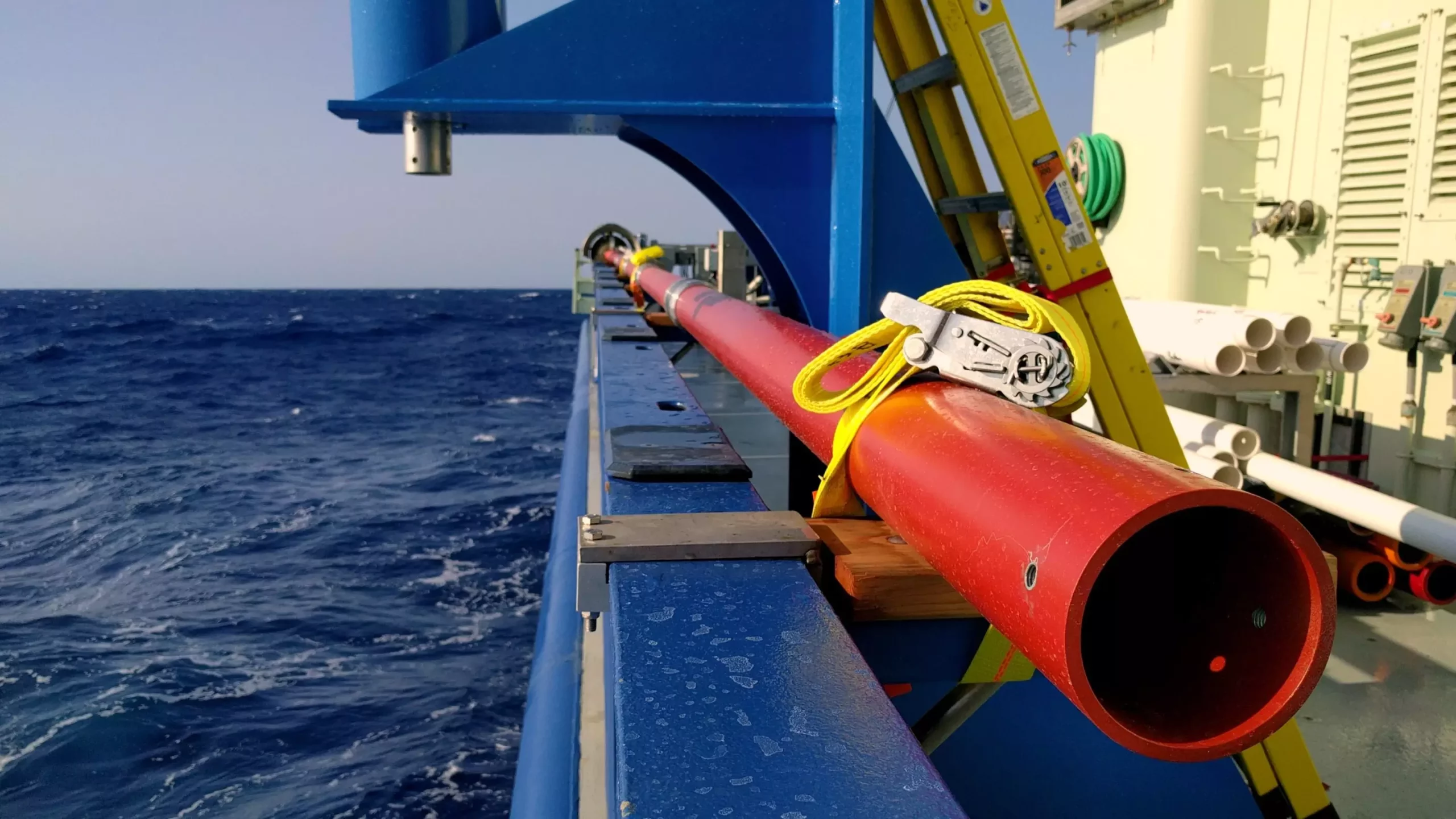Recent findings from UCL researchers reveal critical insights into the Gulf Stream’s behavior during the last ice age, shedding light on its potential vulnerability in the face of climate change. Delving into the interplay between the ocean and atmosphere, this research emphasizes the Gulf Stream’s role not as a static entity, but as a dynamic and responsive system that could significantly influence climate patterns across Europe and beyond. The implications of these findings are not only scientific curiosities; they highlight a dire prospect of climate instability.
The Gulf Stream, a prominent surface current transporting warm tropical waters from the Caribbean towards Europe, is instrumental in moderating climate. Its performance during the last ice age—about 20,000 years ago—was paradoxically strong, driven by robust winds across the subtropical North Atlantic. This counters the common perception that all elements of the climate system operate optimally under stable conditions.
Lessons from the Last Ice Age
Understanding the historic strength of the Gulf Stream raises pressing questions about its future. The study suggests that a reduction in subtropical wind strength—an outcome increasingly probable under current climate scenarios—could lead to significant Gulf Stream weakening. This is not a mere theoretical projection; it presents a chilling possibility of Europe experiencing a colder climate as the current’s ability to transport heat wanes.
The researchers found that during the last ice age, despite a greater intensity of the Gulf Stream, the world was still enveloped in cooler temperatures. This indicates an unsettling reality: even a powerful Gulf Stream is not a shield against widespread climatic adversity. Dr. Jack Wharton, the lead author, points out that while the Gulf Stream may move copious amounts of heat northward, it still operates in the context of a broader, frigid environment. The dual realities of ocean currents being robust yet operating under significant climatic stress serve as a crucial reminder of how interconnected and delicate our climate systems are.
The Atlantic Meridional Overturning Circulation (AMOC) at Risk
At the heart of the research lies the Atlantic Meridional Overturning Circulation (AMOC), which includes the Gulf Stream among its numerous components. The AMOC is responsible for a global heat distribution network, and its potential weakening poses substantial threats. Melting glaciers in Greenland add to the complexities, as increased freshwater influx disrupts the delicate balance needed for deepwater formation—the essential engine propelling the AMOC.
Experts warn that if the AMOC collapses—while considered unlikely, remains a distinct possibility—the repercussions could be catastrophic. Projections estimate a temperature drop of 10 to 15 degrees Celsius across Europe, with cascading effects on agriculture and weather patterns. The research conveys a sense of urgency: our warming world, driven by climate change, could inadvertently lead to conditions reminiscent of a new ice age for parts of Europe.
Beyond the Conveyor Belt Metaphor
Traditional analogies, likening the AMOC to a conveyor belt, fall short of conveying its intricate and multifaceted operations. This research suggests a more complex understanding of ocean circulation, viewing the AMOC as a network of interdependent loops. The subtropical and subpolar loops interact intricately, and changes in one can directly affect the other. Professor David Thornalley’s insights highlight that while the subtropical loop—home to the Gulf Stream—has strengthened historically, the conditions may now be shifting towards a scenario of inverse dynamics.
This nuanced understanding reveals that not all components of the AMOC are equally affected by climate change. The resilience of one loop against weakening winds may not guarantee the same for others. This calls for an analytical shift in how climate scientists approach ocean currents: moving away from oversimplified metaphors toward a consideration of complex, interconnected systems.
The Urgency of Acknowledging Ocean Currents
The study underscores an often-overlooked aspect of climate discourse: the critical role of ocean currents in temperature regulation and climate stability. As Professor Mark Maslin aptly notes, the warming planet could paradoxically cool Europe by disrupting the AMOC. This cognitive dissonance highlights the need for deeper public understanding and acknowledgment of ocean currents’ pivotal roles.
The urgency of this issue invites action and awareness. An informed populace must grasp that seemingly distant phenomena—such as changing wind patterns or ocean currents—carry immediate consequences. Addressing climate change cannot be a passive endeavor; it demands active engagement and proactive strategies. The research eloquently illustrates that disruptions in climate systems should not merely be monitored but understood as harbingers of more profound shifts with widespread ramifications. The fate of the Gulf Stream—and, by extension, Europe’s climate—may hinge on how effectively we address these looming threats.


Leave a Reply